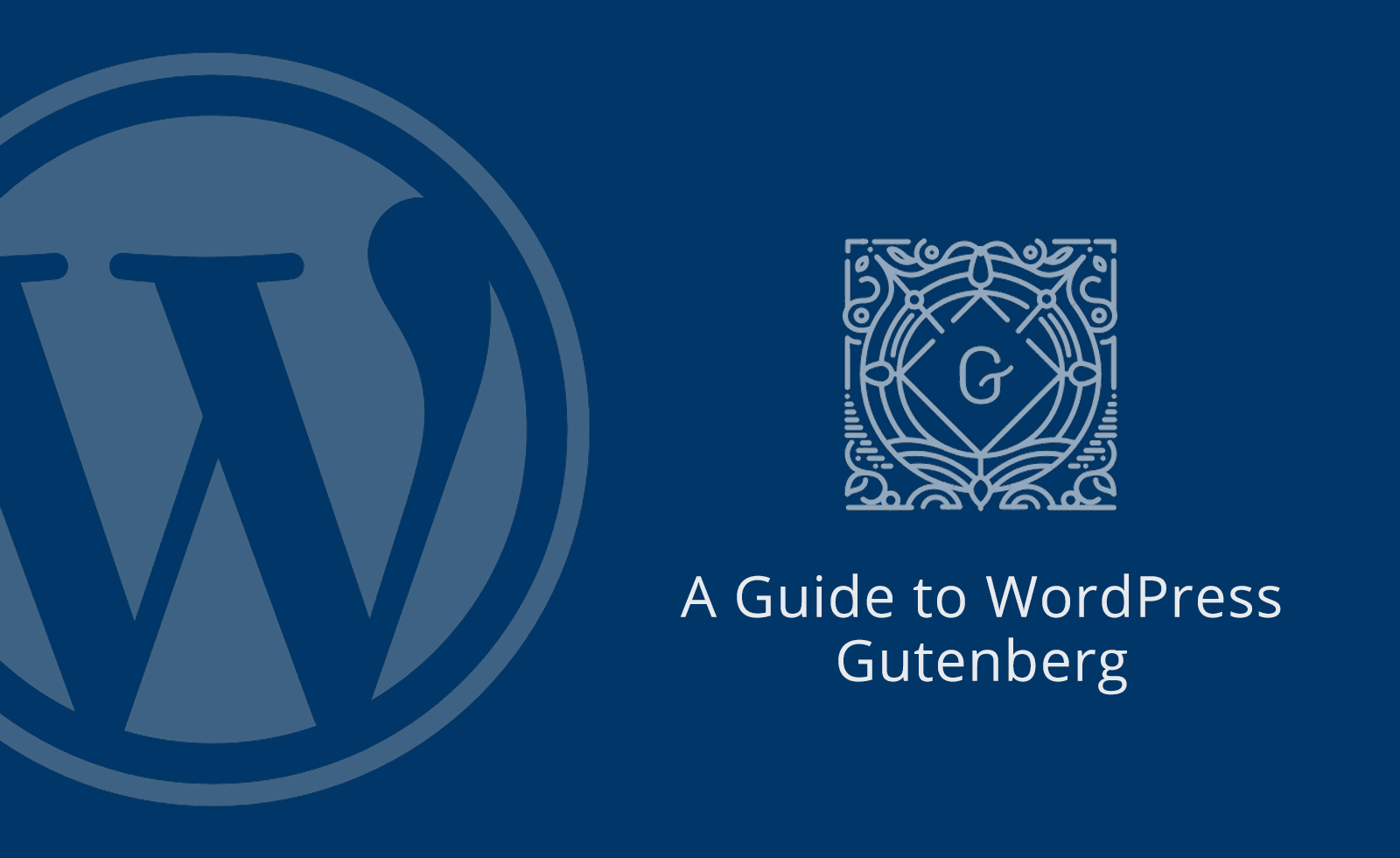
How caching makes WordPress faster
All dynamic content management systems and eCommerce applications — WordPress included — generate HTML pages by executing code and making database requests. The process typically takes fractions of a second, but in some cases it can take several seconds and consume a lot of server resources on a busy site. One of the ways we […]








